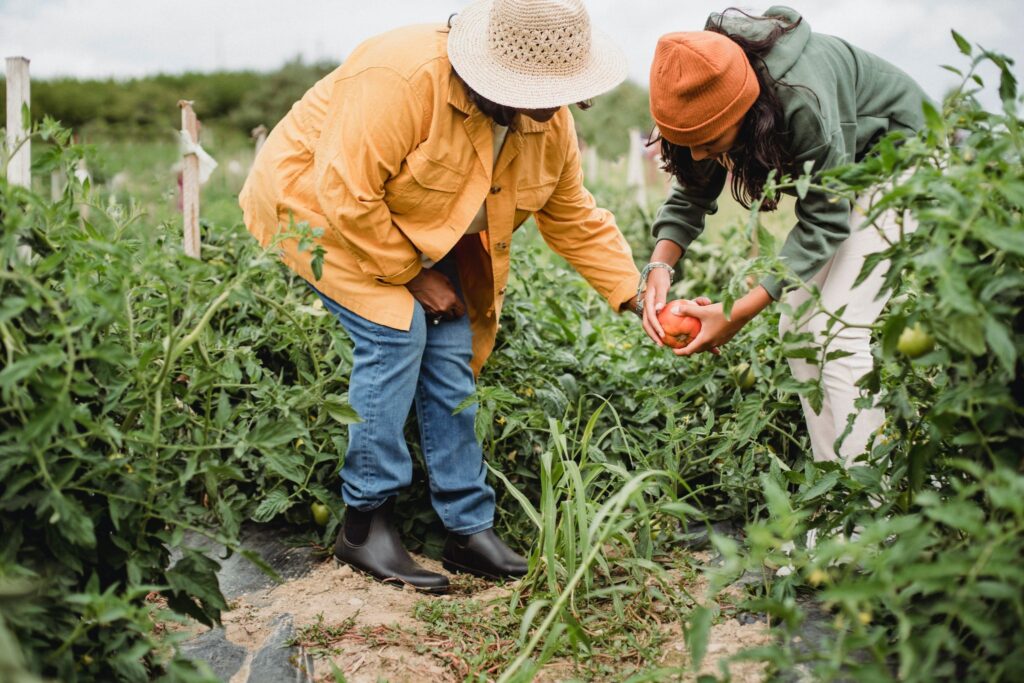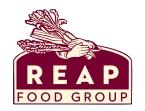Advancing Racial and Social Equity in Wisconsin Farm to School
Strategies for Investing in Historically Underserved Producers
This project is a collaborative effort between the University of Wisconsin-Madison School of Human Ecology’s (SoHE) Civil Society and Community Research Department and Center for Community and Nonprofit Studies (CommNS), the University of Wisconsin-Madison Extension Community Food Systems Program, and REAP Food Group.

Farm to school procurement has immense potential to support economic, environmental, and racial justice, while also respecting workers and educators, animal welfare, and student health. By prioritizing values-aligned school meals, school districts can play a critical role in the positive transformation of our food system.
In order to do this, more information is needed about food producers’ experiences in the farm to school market, as relatively few historically underserved producers have access to farm to school contracts. Advancing racial and social equity in Wisconsin farm to school requires equitable access to farm to school markets. Wisconsin lacks data to provide a holistic understanding of how these particular producers access farm to school markets.
This study aims to better understand how Wisconsin’s historically underserved producers are participating in farm to school procurement, with a focus on understanding how to make their participation in school food supply chains easier and more profitable. To examine trends, a statewide survey was launched in February of 2023 and six focus groups were held between February and April 2023. In total, 38 survey responses were gathered and 21 producers participated in focus groups.
To address the barriers raised by historically underserved producers, the following recommendations are outlined for the stakeholder groups of policymakers, schools, and organizations:
Policy Changes
School/Producer Partnerships
Organizational Support
- Create or bolster funding to support local food purchasing in schools and supply chain infrastructure
- Statewide effort for farm to school, similar to that of the WI Local Food Purchase Assistance Program (LFPA)
- Schools adopt values-aligned procurement models
- Farm to school pilot programs
- Stipends for producers to do in-school education
- Preseason (or forward) contracts
- Create a central place to find farm to school information
- Build a farm to school network to connect producers to schools, and include other relevant actors across the supply chain
- “Train-the-trainer” models







